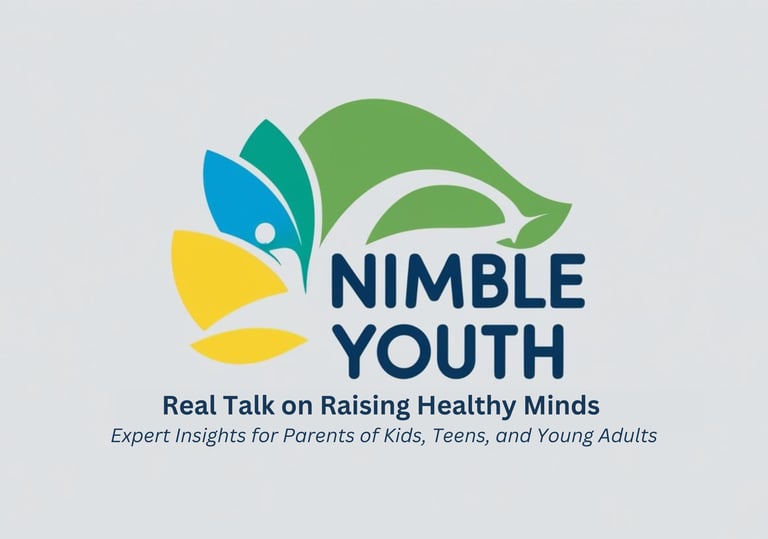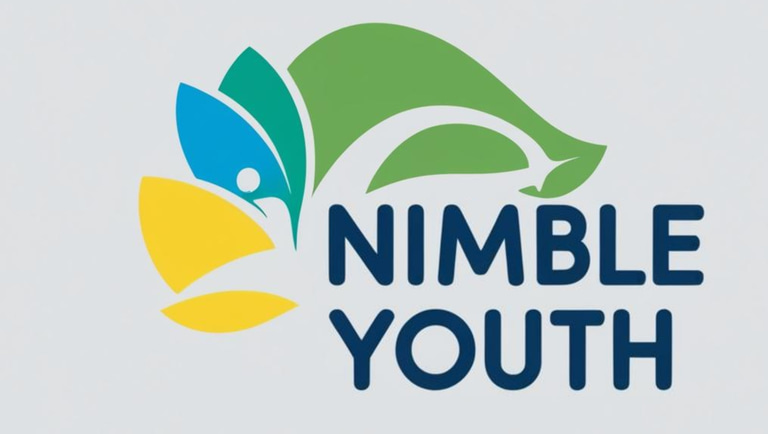Episode 26: Teachers' Role in ADHD Diagnosis and Management
Teachers play a critical role in helping pediatricians diagnose and manage ADHD — and one of the most important tools in that process is the Vanderbilt ADHD Diagnostic Rating Scale. In this episode, Dr. Gretchen Hoyle breaks down how the Vanderbilt form works, what the scores mean, and why honest, detailed teacher feedback is essential for accurate diagnosis and effective treatment.
M. Butterman
10/22/20252 min read


🎧 Nimble Youth Podcast
Episode 26: The Vanderbilt Form Explained – A Teacher’s Guide to ADHD Diagnosis
Host: Matt Butterman
Guest: Dr. Gretchen Hoyle, MD – Pediatrician, 25+ years clinical experience
Length: ~35 minutes
🧠 Episode Overview
Teachers play a critical role in helping pediatricians diagnose and manage ADHD — and one of the most important tools in that process is the Vanderbilt ADHD Diagnostic Rating Scale.
In this episode, Dr. Gretchen Hoyle breaks down how the Vanderbilt form works, what the scores mean, and why honest, detailed teacher feedback is essential for accurate diagnosis and effective treatment.
This conversation is designed especially for teachers, but it’s also a must-listen for parents who want to better understand how medical and educational perspectives come together to support children with attention and focus challenges.
📝 Key Topics Covered
What the Vanderbilt ADHD Diagnostic Form measures — and how it’s used by pediatricians
Understanding symptom scores vs. performance scores
Why functional impact matters more than just “active” behavior
What to do when Vanderbilt scores don’t match classroom narratives
How to handle parent-teacher communication and avoid friction
The importance of honest scoring (“often” and “very often” matter!)
How follow-up Vanderbilt forms guide treatment effectiveness
Setting therapeutic goals — aiming for a total score around 18
Recognizing when a learning difference may coexist with ADHD
💡 Key Takeaways for Teachers
The Vanderbilt is a communication tool, not a test — your input directly shapes a child’s care plan.
Honesty matters: If a behavior stands out compared to peers, mark it as “often” or “very often.”
Performance scores are as vital as symptom scores — they show real classroom impact.
Comments count: Short anecdotes and observations help contextualize scores.
Submit forms directly to the physician’s office when possible — this helps protect your relationship with families and ensures smoother communication.
Follow-up forms help track medication effects, side effects, and academic progress.
If symptoms improve but academics don’t, a learning difference may also be at play.
📊 For Parents
Parents should know that the Vanderbilt form is not a judgment of their child — it’s a structured communication bridge between teachers and healthcare providers.
If your child’s teacher is asked to complete one, it’s part of a process to better understand your child’s learning and behavior patterns so that interventions can be timely and effective.
🧩 Practical Insight from Dr. Hoyle
“The Vanderbilt that I get from teachers is a communication tool. It’s a way to tell me what’s happening in the classroom. It’s not a test for the teacher or the child — it’s honest data that helps me help that student.”
— Dr. Gretchen Hoyle
📎 Resources Mentioned
Initial Vanderbilt ADHD Diagnostic Teacher Rating Scale (fillable PDF)
Follow-Up Vanderbilt Form
🔗 Share This Episode
If you’re a teacher, please share this episode with your colleagues or administrators.
If you’re a parent, consider sharing it with your child’s teacher — it could make a real difference in how your child’s needs are understood and supported.
© 2025. All rights reserved.


